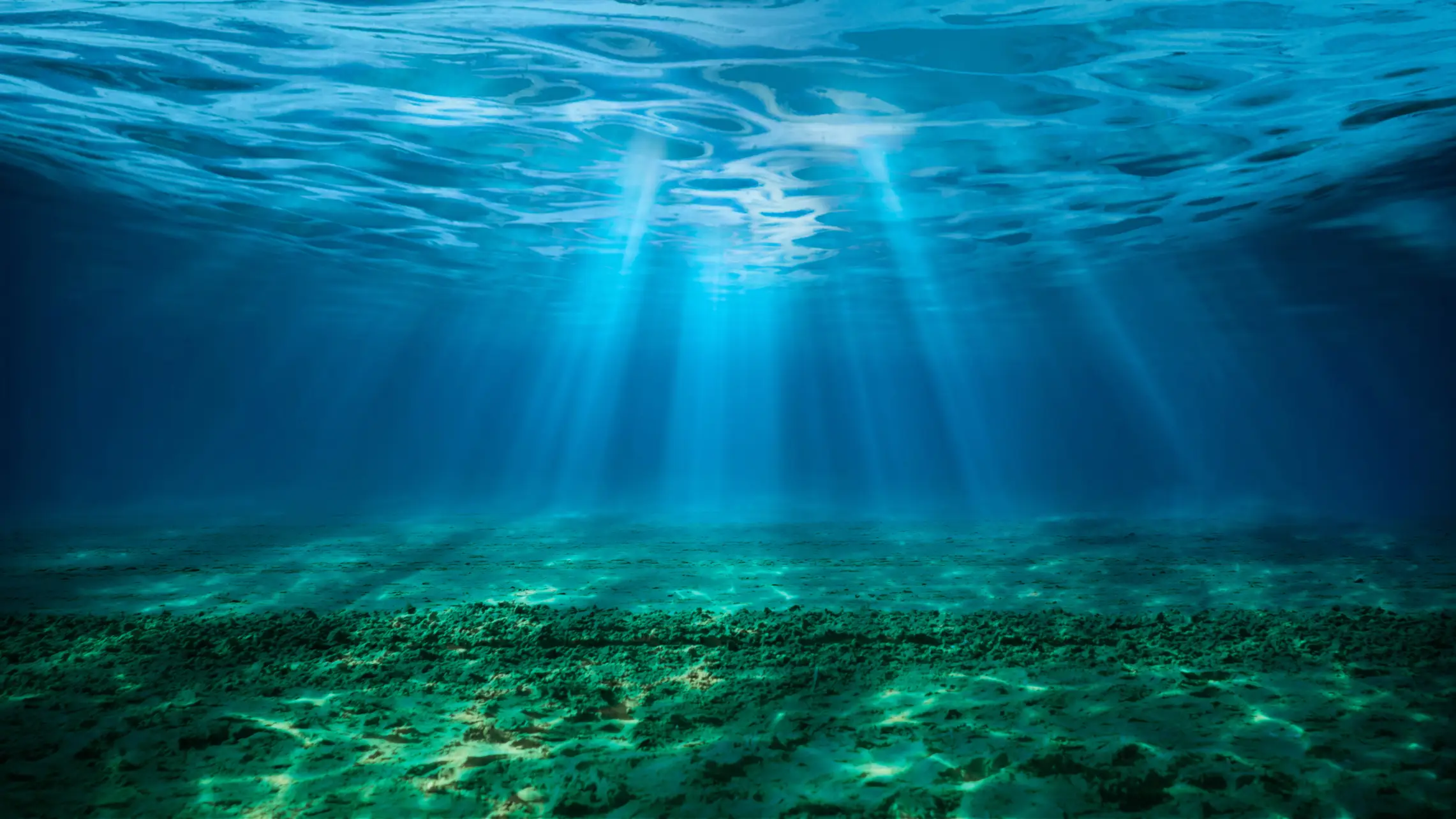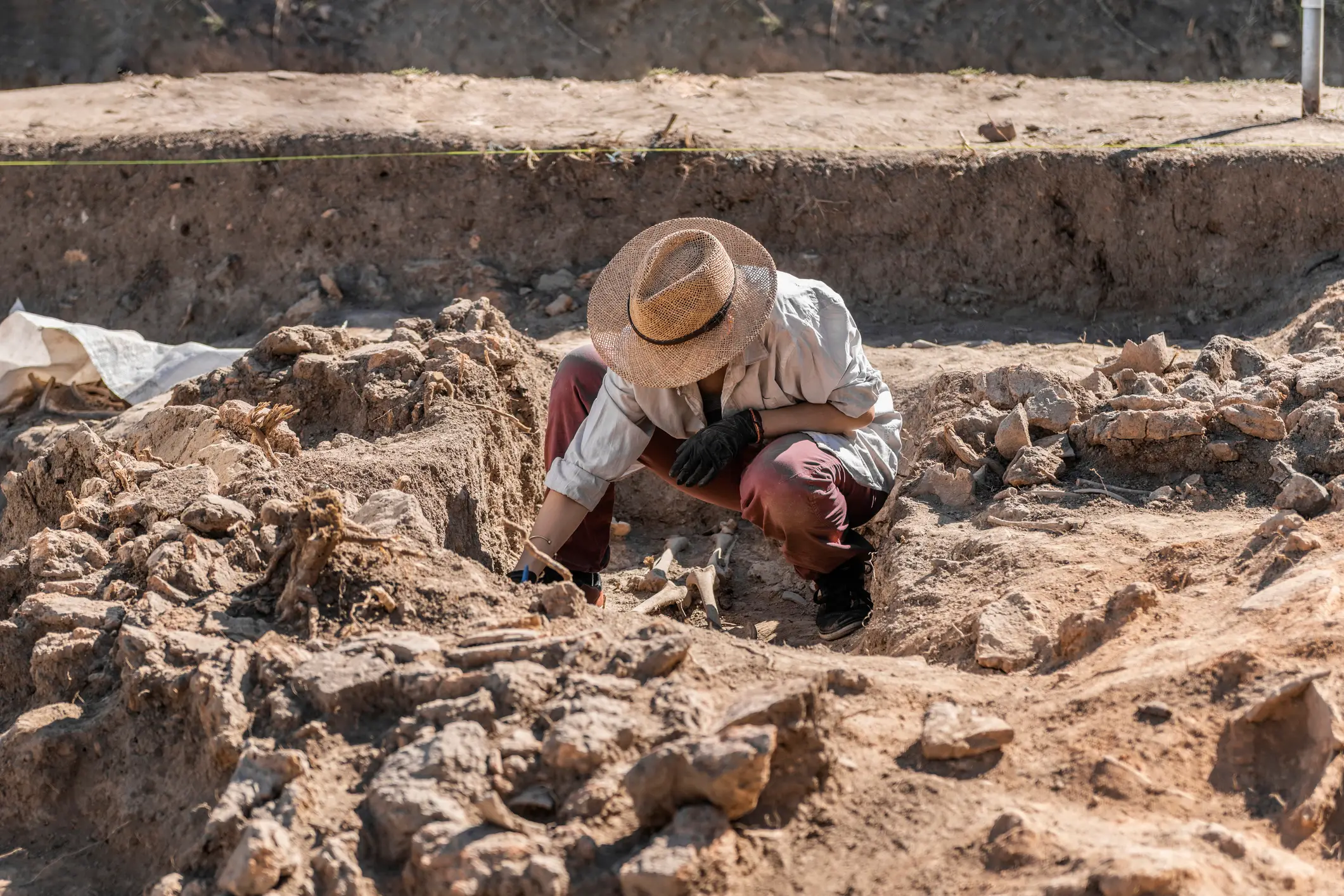
Scientists have reportedly discovered evidence which could point to the presence of an ancient city at the bottom of the ocean, changing the way we think about human history.
Thanks to developing technology, researchers and scientists are able to now explore areas of the Earth that were previously deemed impossible, such as the robot which recently reached the deepest part of the ocean, where the pressure would've killed a human explorer.
And, in April, researchers made a 'once in a lifetime discovery' when they unearthed the capital city of an ancient civilisation in North Macedonia.
While earlier this month, researchers found traces of an astonishing secret city built 5,000 years ago as part of archaeological work on a desert site in Dubai, which just goes to show how much of this planet we are yet to uncover.
Advert
And now, scientists working off the Indonesian coast have made a groundbreaking discovery which they believe could rewrite humanity's origins.

The skull of Homo erectus, one of our many ancient human ancestors, was somehow spotted beneath layers of silt and sand in the Madura Strait between the islands of Java and Madura.
It is believed to have been dormant there for over 140,000 years, and was found alongside 6,000 animal fossils from around 36 different species back in 2011, and after 14 years of research, boffins have been able to establish their age and species.
Scientists now argue that the findings can give us a rare insight into ancient human life and could be evidence of an ancient city known as Sundaland. No, not that one.
Harold Berghuis, an archaeologist at the University of Leiden in the Netherlands and investigation leader, said: "This period is characterised by great morphological diversity and mobility of hominin populations in the region."
In the study, the researchers add: "Until today, researchers thought that Homo erectus had lived for long in isolation on Java. The new finds show that the Javanese Homo erectus dispersed over the surrounding lowlands of Sundaland during periods with lower sea levels."

The discovery of a number of deer fossils was also deemed to be vital, as we know that deer prefer open spaces and grassland, which gives us an indication of the environment and landscape that once existed there.
Other sedimentary fossils also pointed towards a thriving river ecosystem in the ancient city.
Underwater cities obviously inspire the age-old myths of Atlantis, although that mystery may have already been solved, so this discovery should be treated independently.
As underwater technology becomes more and more advanced, researchers will be hoping to uncover and learn more about the ancient civilisations that came before us, and bring these ancient drowned lands back into human history.
Topics: Archaeology, Science
